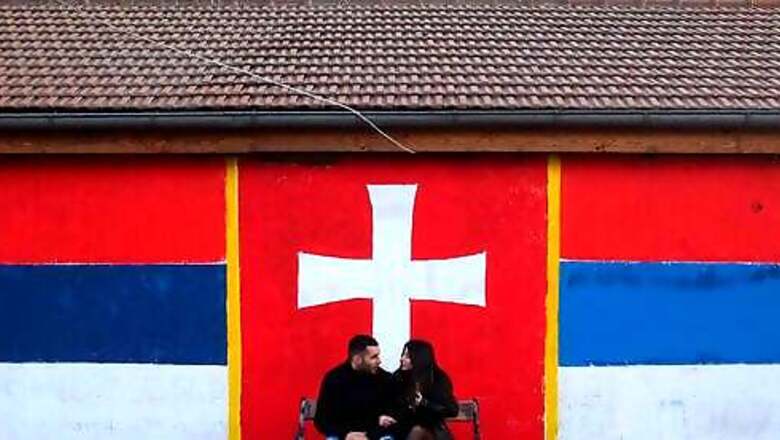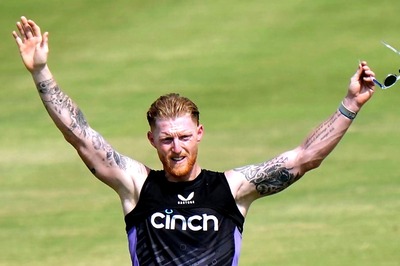
views
PODGORICA, Montenegro: Montenegros president says a weekend parliamentary election will be crucial to the defense of the small Balkan states independence in the face of renewed attempts by Serbia and Russia to bring nationalist and anti-Western allies to power, his party said Wednesday.
President Milo Djukanovic alleged that a media and political war is being waged against him and his Democratic Party of Socialists (DPS) ahead of Sunday’s election in order to put Montenegro under the umbrella of Belgrade and Moscow and prevent it from joining the European Union, the party quoted him as saying.
Djukanoivic said the DPS wont allow the dark ideology of the middle age to prevail in the election. He was referring to the Serbian Orthodox Church in Montenegro, which has led a series of protests against his government.
Serbian President Aleksandar Vucic denied the accusations that Serbia, a close Russian ally, was interfering in the Montenegrin election through the media and the church.
A religious property law in Montenegro triggered months of anti-government protests by Serbs, who represent about 30% of the country’s population of 620,000. They say the law will lead to the state impounding Serbian Orthodox Church property, which Montenegrin officials deny.
In the election, Montenegros ruling party is facing a challenge from a pro-Serb group and another opposition alliance that have accused the government and Djukanovic of widespread corruption during his 30 years as prime minister and president.
Opinion polls suggest that the DPS will win the most votes, but not enough to govern alone.
Djukanovic, who is not up for reelection on Sunday, led Montenegro to independence from much larger Serbia. He also led the country to NATO membership in the face of strong opposition from Russia, which considers Montenegro its traditional Slavic ally.
During the last parliamentary election in 2016, Montenegro thwarted an attempted coup that was orchestrated from Serbia by two Russian military intelligence officers. More than a dozen people, mostly Serbs, have been sentenced after the failed coup, including the two Russians who remain at large.
Both Russia and Serbia have repeatedly denied they were behind the alleged coup attempt.
Disclaimer: This post has been auto-published from an agency feed without any modifications to the text and has not been reviewed by an editor




















Comments
0 comment